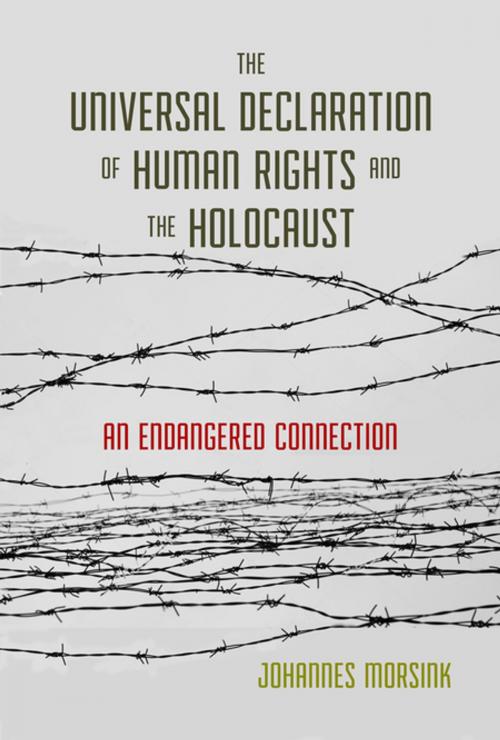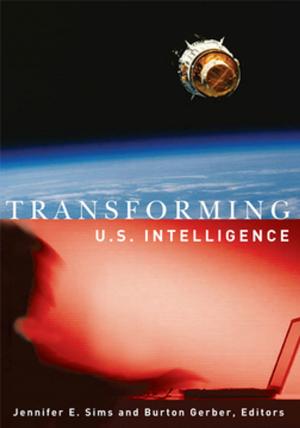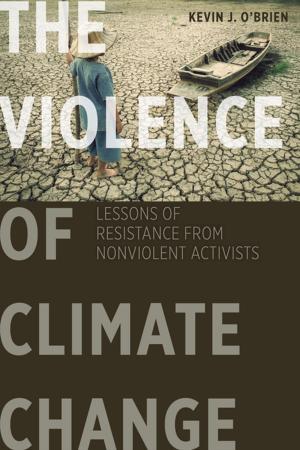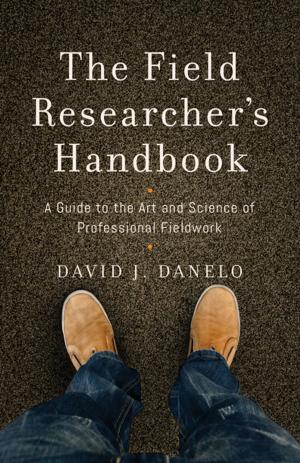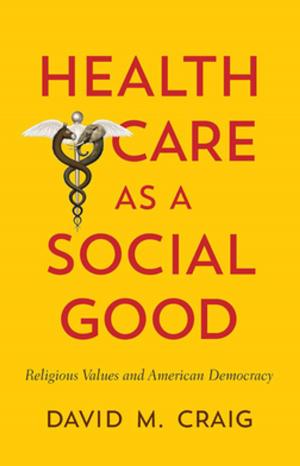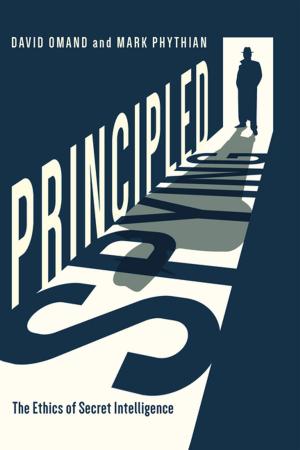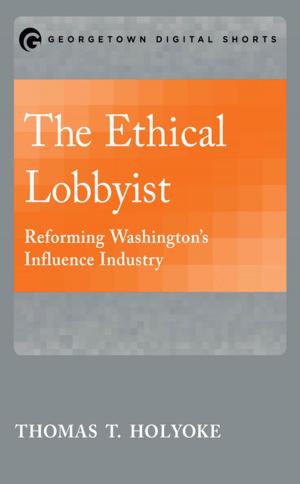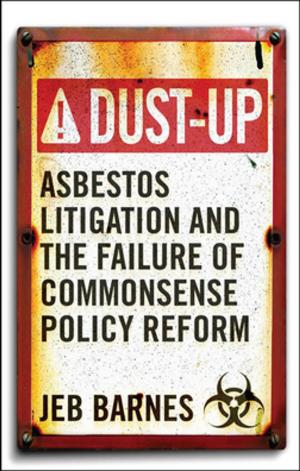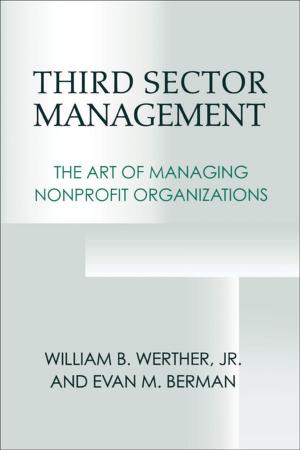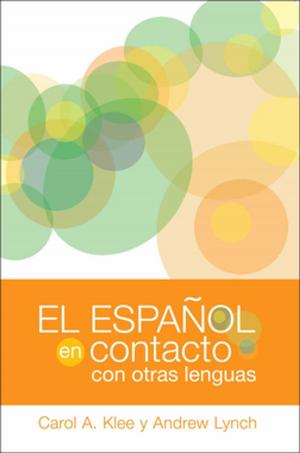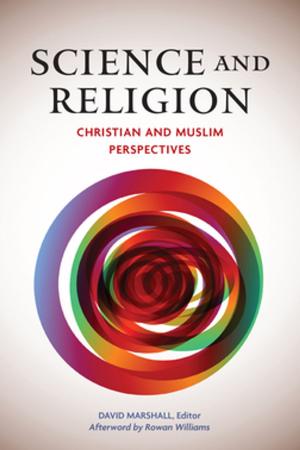The Universal Declaration of Human Rights and the Holocaust
An Endangered Connection
Nonfiction, Reference & Language, Law, International, History, Jewish, Holocaust, Social & Cultural Studies, Political Science| Author: | Johannes Morsink | ISBN: | 9781626166301 |
| Publisher: | Georgetown University Press | Publication: | February 8, 2019 |
| Imprint: | Georgetown University Press | Language: | English |
| Author: | Johannes Morsink |
| ISBN: | 9781626166301 |
| Publisher: | Georgetown University Press |
| Publication: | February 8, 2019 |
| Imprint: | Georgetown University Press |
| Language: | English |
Johannes Morsink argues that the 1948 UN Universal Declaration of Human Rights and the human rights movement today are direct descendants of revulsion to the Holocaust and the desire to never let it happen again.
Much recent scholarship about human rights has severed this link between the Holocaust, the Universal Declaration, and contemporary human rights activism in favor of seeing the 1970s as the era of genesis. Morsink forcefully presents his case that the Universal Declaration was indeed a meaningful though underappreciated document for the human rights movement and that the declaration and its significance cannot be divorced from the Holocaust. He reexamines this linkage through the working papers of the commission that drafted the declaration as well as other primary sources.
This work seeks to reset scholarly understandings of the Universal Declaration of Human Rights and the foundations of the contemporary human rights movement.
Johannes Morsink argues that the 1948 UN Universal Declaration of Human Rights and the human rights movement today are direct descendants of revulsion to the Holocaust and the desire to never let it happen again.
Much recent scholarship about human rights has severed this link between the Holocaust, the Universal Declaration, and contemporary human rights activism in favor of seeing the 1970s as the era of genesis. Morsink forcefully presents his case that the Universal Declaration was indeed a meaningful though underappreciated document for the human rights movement and that the declaration and its significance cannot be divorced from the Holocaust. He reexamines this linkage through the working papers of the commission that drafted the declaration as well as other primary sources.
This work seeks to reset scholarly understandings of the Universal Declaration of Human Rights and the foundations of the contemporary human rights movement.
